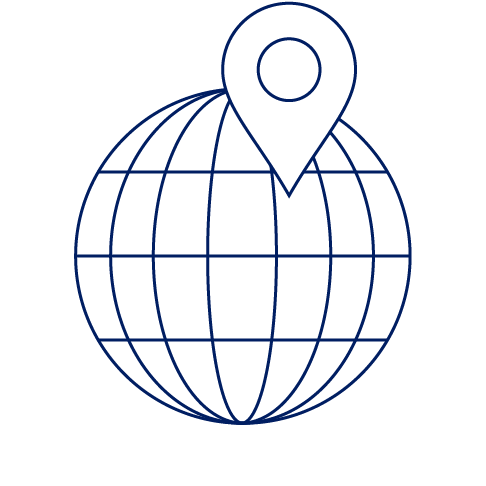The two faces of protecting intellectual property rights in the pharmaceutical industry
Exploring the competing priorities of protecting the incentives of pharmaceutical companies vs. giving accesses to generic drugs for people living in developing countries

Access to essential medicine is a critical global health challenge, particularly in developing countries where the health system often lacks the resources and infrastructure necessary to ensuring high-quality care. Generic drugs, which are copies of medicines that are no longer under patent protection, have the potential to improve health outcomes in developing countries. The pharmaceutical industry plays a vital role in the development and production of life-saving medicines. Intellectual property rights such as patents, however, can limit access to essential medicines in countries where there are significant barriers to quality healthcare. This research aims to examine the competing priorities of protecting the incentives of the pharmaceutical industry in creating new drugs, and the accessibility of generic drugs to those living in developing countries.
WORLDWIDE




